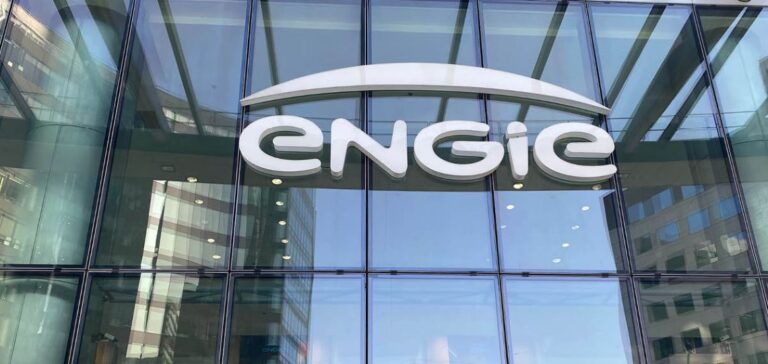Since February 1, the removal of the tariff shield has led to an increase in electricity taxes, with a 50% rise in electricity excise duty. In this context, Engie is implementing two exceptional measures aimed at supporting households struggling with rising energy costs.
Direct support through the energy voucher
Approximately 700,000 Engie customers will receive additional financial assistance on their bills. Those already benefiting from the energy voucher will see their allocation increased by €50, which will be directly deducted from their next invoice, depending on their billing cycle (bimonthly, semi-annual, or annual). This measure aims to ease the impact of rising costs on the most vulnerable households.
Strengthening the Housing Solidarity Fund
In parallel, Engie has announced the doubling of its contribution to the Housing Solidarity Fund (FSL), raising it to €12 million for 2024, compared to €6 million previously. This fund, managed by local authorities, supports households in financial difficulty with housing-related expenses, including energy bills. In 2023, it provided assistance to 65,000 families.
A context of rising energy costs
Although regulated electricity tariffs recorded an overall decrease on February 1, prices remain high compared to pre-2022 levels. The gradual end of protective measures introduced during the energy crisis is forcing some households to adjust their budgets in response to increasing energy expenses.
A previously tested measure
Engie had already exceptionally doubled its contribution to the FSL in 2022, in response to soaring energy prices triggered by the war in Ukraine. The energy voucher itself is a government program benefiting approximately 5.7 million households in France, according to the Directorate for Research, Studies, Evaluation, and Statistics (Drees).






















